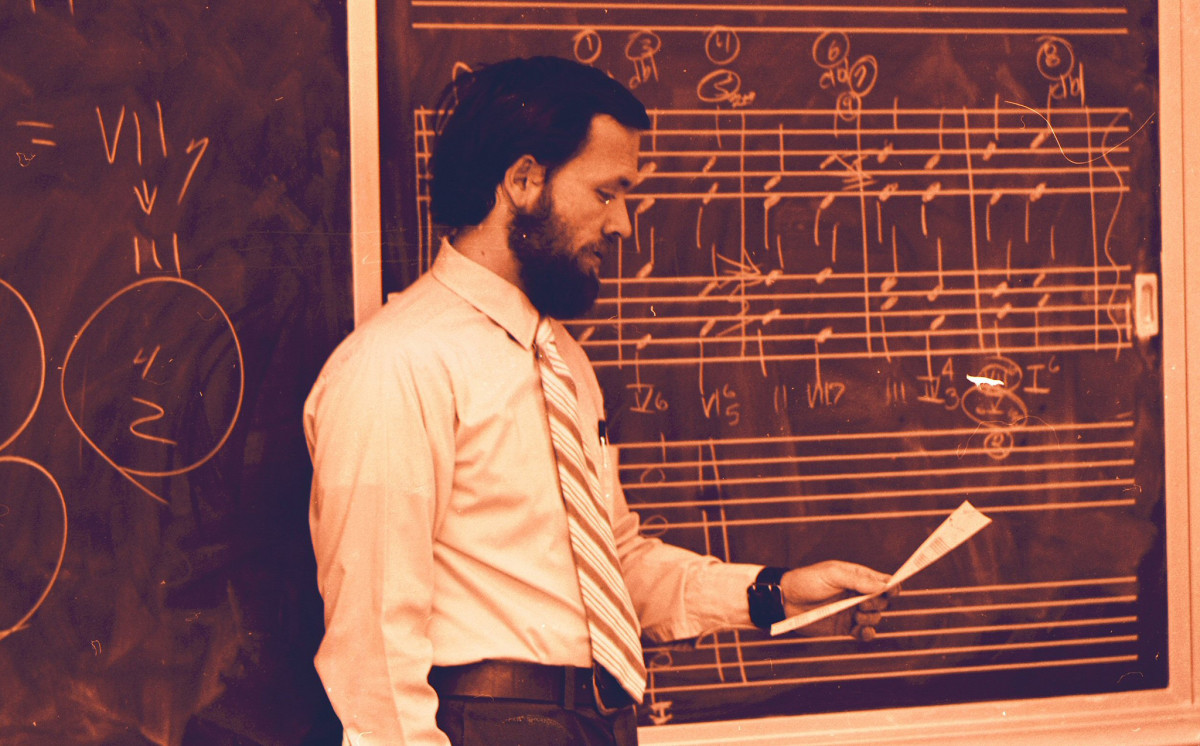School Leadership 2.0
A Network Connecting School Leaders From Around The Globe
MUSIC TEACHERS BELIEVE A LOT OF MYTHS
MUSIC TEACHERS BELIEVE A LOT OF MYTHS
- TOM JACOBS
- MAY 24, 2017
 https://psmag.com/.image/c_limit%2Ccs_srgb%2Cq_80%2Cw_640/MTQ3MzQyOTExNTY0OTQ5NDYx/7420906168_d4f28cbbdd_k.jpg 640w, https://psmag.com/.image/c_limit%2Ccs_srgb%2Cq_80%2Cw_960/MTQ3MzQyO... 960w, https://psmag.com/.image/c_limit%2Ccs_srgb%2Cq_80%2Cw_1280/MTQ3MzQy... 1280w, https://psmag.com/.image/c_limit%2Ccs_srgb%2Cq_80%2Cw_1920/MTQ3MzQy... 1920w, https://psmag.com/.image/c_limit%2Ccs_srgb%2Cq_80%2Cw_2048/MTQ3MzQy... 2048w" alt="7420906168_d4f28cbbdd_k" phx-load-event="phxTmlImage:imageLoaded" class="ng-isolate-scope" />
https://psmag.com/.image/c_limit%2Ccs_srgb%2Cq_80%2Cw_640/MTQ3MzQyOTExNTY0OTQ5NDYx/7420906168_d4f28cbbdd_k.jpg 640w, https://psmag.com/.image/c_limit%2Ccs_srgb%2Cq_80%2Cw_960/MTQ3MzQyO... 960w, https://psmag.com/.image/c_limit%2Ccs_srgb%2Cq_80%2Cw_1280/MTQ3MzQy... 1280w, https://psmag.com/.image/c_limit%2Ccs_srgb%2Cq_80%2Cw_1920/MTQ3MzQy... 1920w, https://psmag.com/.image/c_limit%2Ccs_srgb%2Cq_80%2Cw_2048/MTQ3MzQy... 2048w" alt="7420906168_d4f28cbbdd_k" phx-load-event="phxTmlImage:imageLoaded" class="ng-isolate-scope" />
(Photo: starmanseries/Flickr)
The notion that music may enhance brain functioning has been researched extensively over the past two decades, with some studies producing promising results. But a lot of false or overstated beliefs have also been spawned, the largely debunked Mozart Effect being the most obvious.
Perhaps the professionals who most need to be able to separate fact from speculation in this area are music teachers. But a new study from Germany suggests many have bought into a number of unproven claims.
Asked to evaluate seven "neuromyths" regarding music, a sample of German music teachers incorrectly labeled them as scientifically proven 40 percent of the time. Disappointingly, a group of young people studying to become music teachers did no better.
"There is a gap between the state of research in neuroscience related to music education, and the knowledge of current and future music teachers about these findings," writes a research team from the Hanover University of Music led by Reinhard Kopiez. It reports instructors are particularly prone to accepting false assertions when they are accompanied by certain brain-related buzzwords.
In the journal Frontiers in Psychology, the researchers describe two studies: one featuring 91 public-school music teachers recruited from all over Germany, and another featuring 125 students at German universities who planned to teach music in a public school upon graduation.
MUSIC TEACHERS, LIKE THE REST OF US, CAN BE FOOLED INTO THINKING AN ASSERTION IS TRUE IF IT IS STATED USING NEURO-JARGON.
All were presented with 14 assertions—seven that have been "scientifically substantiated," and seven "neuromyths"—and instructed to assess the validity of each. Proven theses included "The anatomic structure of the brain changes through intensive practice of an instrument" and "Music education can enhance language skills." Unproven ones included "Those who listen passively to classical music during certain learning phases have advantages over those who do not" and "Right-handers process speech in the left hemisphere of their brains, and music in the right."
"Teachers and students correctly rejected 60 and 59 percent of the seven neuromyths," the researchers report. Proven statements were correctly seen as true by 76 percent of music teachers and 78 percent of students.
That means there were a whole lot of wrong answers. Going in, the researchers believed "the younger generation of students would be more sensitive to neuromyths, and show a higher detection rate." This did not turn out to be true.
"The three most-trusted neuromyths included neuroscientific terminology, such as 'brain hemisphere' or 'cognitive abilities,'" the researchers note. This suggests music teachers, like the rest of us, can be fooled into thinking an assertion is true if it is stated using neuro-jargon.
The researchers warn that this tendency may lead teachers to assign their pupils worthless or counterproductive homework. For example, 44 percent of teachers, and nearly 40.1 percent of aspiring instructors, believed this unproven statement: "The ability to improvise on the piano is controlled by the right hemisphere; special exercises can enhance the performance of the hemisphere." In fact, such "exercises" would be a waste of time.
It's possible, of course, that the music and science departments of American universities do a better job of sharing information than their German counterparts. But it's unlikely. Perhaps it's time to invite brain researchers into music classrooms to share what they have learned, and help music teachers learn to discriminate between valid studies, and those that strike false notes
JOIN SL 2.0
SUBSCRIBE TO
SCHOOL LEADERSHIP 2.0
Feedspot named School Leadership 2.0 one of the "Top 25 Educational Leadership Blogs"
"School Leadership 2.0 is the premier virtual learning community for school leaders from around the globe."
---------------------------
Our community is a subscription-based paid service ($19.95/year or only $1.99 per month for a trial membership) that will provide school leaders with outstanding resources. Learn more about membership to this service by clicking one of our links below.
Click HERE to subscribe as an individual.
Click HERE to learn about group membership (i.e., association, leadership teams)
__________________
CREATE AN EMPLOYER PROFILE AND GET JOB ALERTS AT
SCHOOLLEADERSHIPJOBS.COM
New Partnership
Mentors.net - a Professional Development Resource
Mentors.net was founded in 1995 as a professional development resource for school administrators leading new teacher induction programs. It soon evolved into a destination where both new and student teachers could reflect on their teaching experiences. Now, nearly thirty years later, Mentors.net has taken on a new direction—serving as a platform for beginning teachers, preservice educators, and
other professionals to share their insights and experiences from the early years of teaching, with a focus on integrating artificial intelligence. We invite you to contribute by sharing your experiences in the form of a journal article, story, reflection, or timely tips, especially on how you incorporate AI into your teaching
practice. Submissions may range from a 500-word personal reflection to a 2,000-word article with formal citations.
You need to be a member of School Leadership 2.0 to add comments!
Join School Leadership 2.0